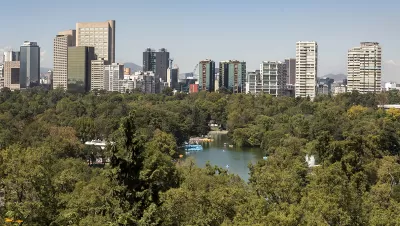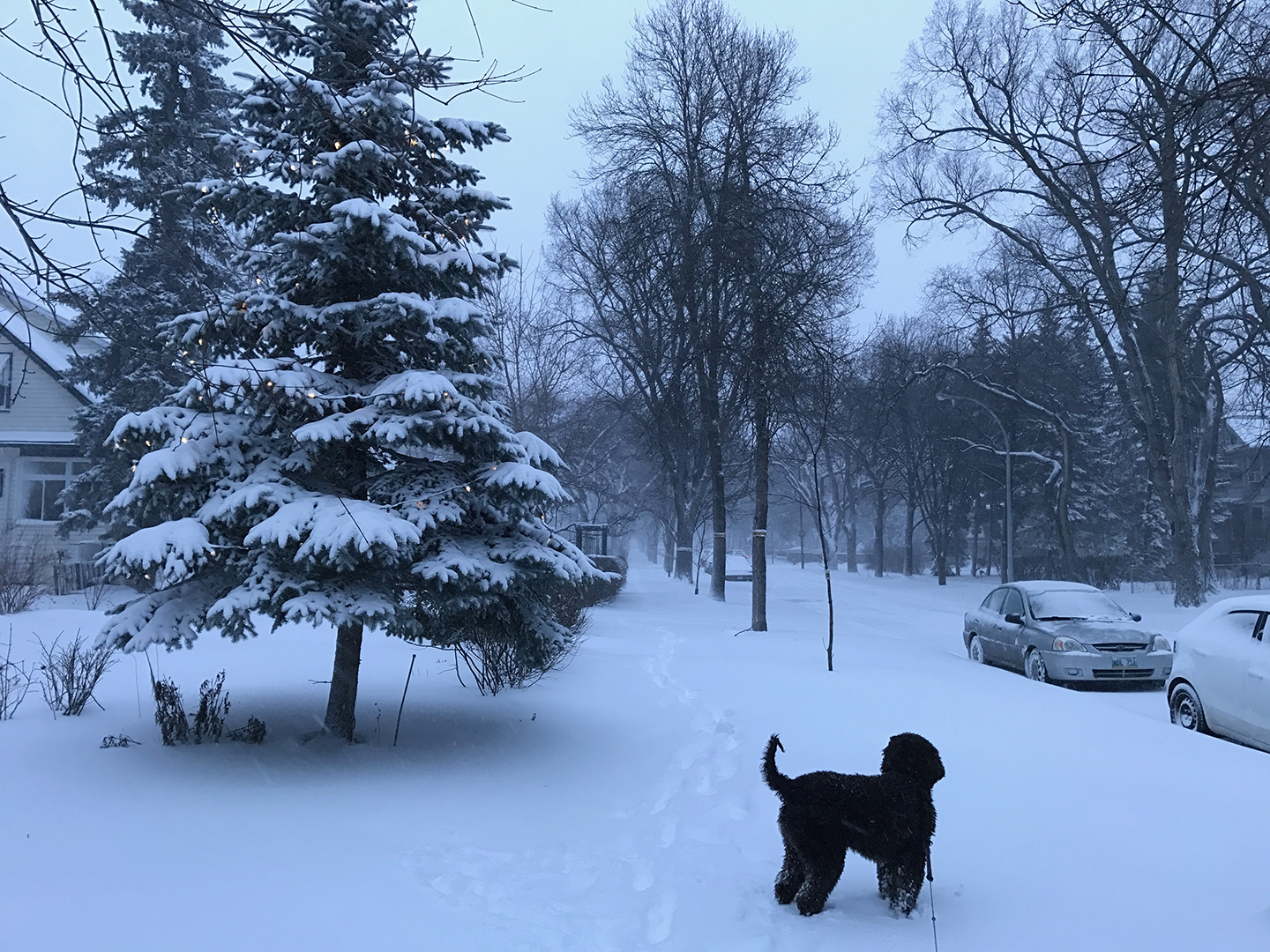When nature is integrated into urbanism, wellness surges. Hazel Borys looks at the benefits.

"The idea of rewilding started out as a movement to conserve, restore, and connect natural areas, and has expanded to how we reintegrate ancient practices into our modern lives. From a flat-footed squat to full emersion in nature to structured programs like ReWild Portland, the idea of letting go of some of our domestication to reconnect with nature is compelling. From a city planning perspective, the rewilding ideas that interest me the most are the inspiration of cities, towns and villages that are making nature more accessible to our everyday habits. And the paybacks for those efforts. When nature is integrated into urbanism, wellness surges."
"'Within five minutes in the trees, our heart rate goes down and within 10 minutes our brain re-sets our attention span,' according to Dr. Nooshin Razani. This is increasingly important because of our connected, always-on habits. Our wired lifestyle offers up constant distractions – much of which didn’t exist a scant decade ago. So we have evolved few coping mechanisms to deal with the subsequent hormones: cortisol from stress and adrenaline from our fight-or-flight response to technologies’ constant jolts."
Borys looks at results of a walk in the park to one by an auto sewer, and other measures of how nature impacts wellness in cities.

FULL STORY: Rewilding Cities: Wellness and nature

Maui's Vacation Rental Debate Turns Ugly
Verbal attacks, misinformation campaigns and fistfights plague a high-stakes debate to convert thousands of vacation rentals into long-term housing.

Planetizen Federal Action Tracker
A weekly monitor of how Trump’s orders and actions are impacting planners and planning in America.

In Urban Planning, AI Prompting Could be the New Design Thinking
Creativity has long been key to great urban design. What if we see AI as our new creative partner?

How Trump's HUD Budget Proposal Would Harm Homelessness Response
Experts say the change to the HUD budget would make it more difficult to identify people who are homeless and connect them with services, and to prevent homelessness.

The Vast Potential of the Right-of-Way
One writer argues that the space between two building faces is the most important element of the built environment.

Florida Seniors Face Rising Homelessness Risk
High housing costs are pushing more seniors, many of them on a fixed income, into homelessness.
Urban Design for Planners 1: Software Tools
This six-course series explores essential urban design concepts using open source software and equips planners with the tools they need to participate fully in the urban design process.
Planning for Universal Design
Learn the tools for implementing Universal Design in planning regulations.
Gallatin County Department of Planning & Community Development
Heyer Gruel & Associates PA
JM Goldson LLC
Mpact (founded as Rail~Volution)
City of Camden Redevelopment Agency
City of Astoria
Jefferson Parish Government
Camden Redevelopment Agency
City of Claremont





























